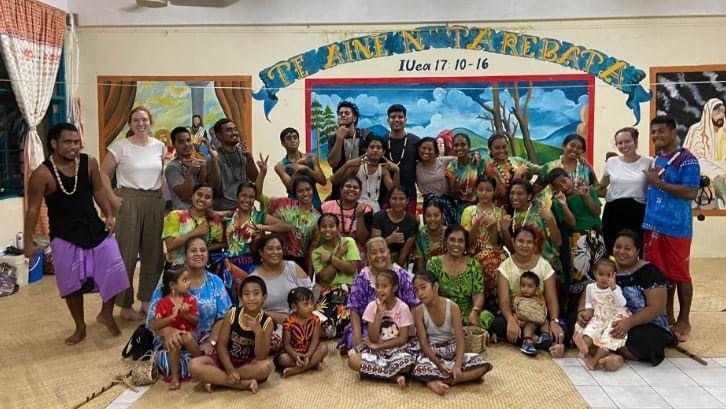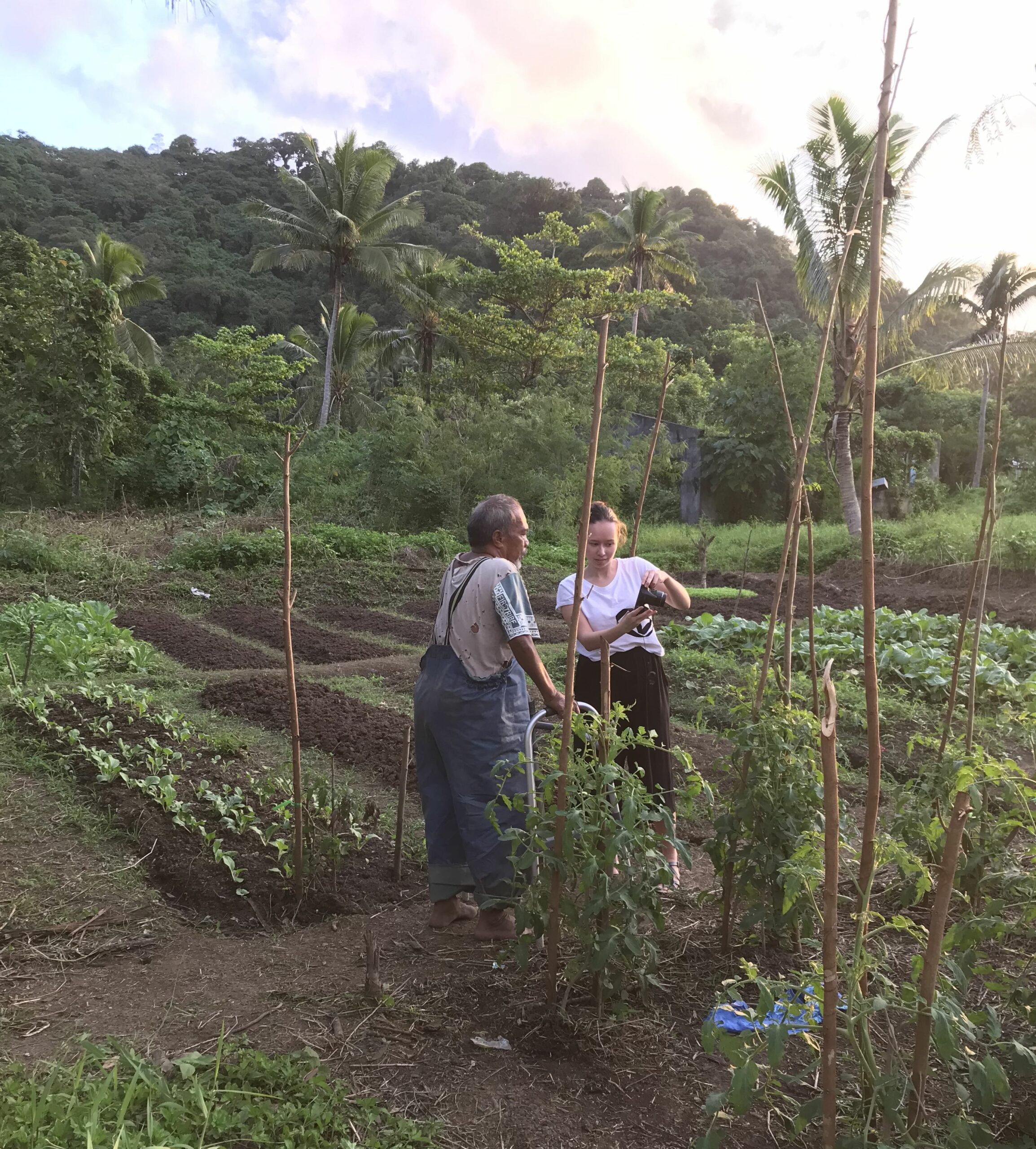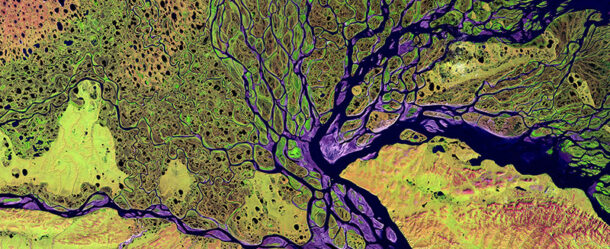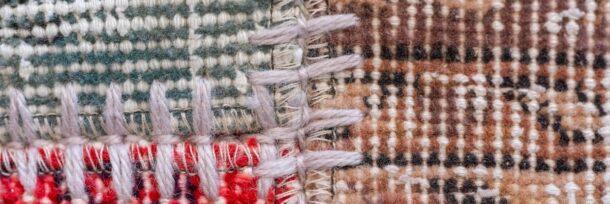
The USP Banaban Student Association in Suva with ICAAD’s Erin Thomas and ICAAD Artivist, Katja Phutaraksa Neef
Since July 2021, ICAAD has been collaborating with the Banaban Local Government and Civil Society Working Group on answering some big questions on displacement, mobility, and human rights. The displacement of Banabans from Banaba to Rabi Island due to phosphate mining is a history too often forgotten. To this day, Banabans on Rabi Island face discrimination as a partially self-governing entity falling between the cracks of two jursidictions, Fiji and Kiribati.
In the beginning of this year, the Working Group hosted a series of community dialogue sessions to identify what legal questions remained around Banaban rights. Our pro bono partner, Clifford Chance, produced a legal memo answering the questions that emerged. The memo was the first-of-its-kind legal analysis for Banabans living on Rabi Island and clarified both technicalities of the legislations as well as pathways forward to redress the discriminatory treatment faced by Banabans on Rabi, in addition to pointing to concerns requiring further research.
In June, ICAAD’s Erin Thomas and one of ICAAD’s 2022 Artivists-in-Residence, Katja Phutaraksa Neef, visited Rabi to share the findings of the legal memo, collect additional data, and to commence a collective storying project as a part of Katja’s artivism work. The findings of the legal memo were shared with the Acting Local Council and the Banaban Women’s Organisation, and the group decided a summary English report and translated copy would help even more Banabans connect with the content and help forge a path forward.
On the trip, Katja met with Banaban elders, women, and youth to record stories, photographs, songs, and dances related to what it means to be Banaban, and how they want to be represented and what they would like us to exhibit. We were granted permission by the elders to share their stories on the condition we share them with the world. Stories of Banaban displacement and life on Rabi exist but remain largely unheard by audiences in Aotearoa New Zealand, where the colonial benefits of phosphate mining on Banaba, which reduced the island’s surface by 80%, allowed the British to advance additional colonisation. Art and storytelling are a powerful way of amplifying advocacy efforts by bringing artists, creatives, and activists together and by sharing the stories with wider audiences.

Looking ahead, Katja will be leading the development of a collective art exhibit in Auckland, New Zealand bringing together her own works from this trip, as well as the works of other Banaban artists and creatives.
Stay tuned and make sure to subscribe to our newsletter and follow us on social media to get the updates.


